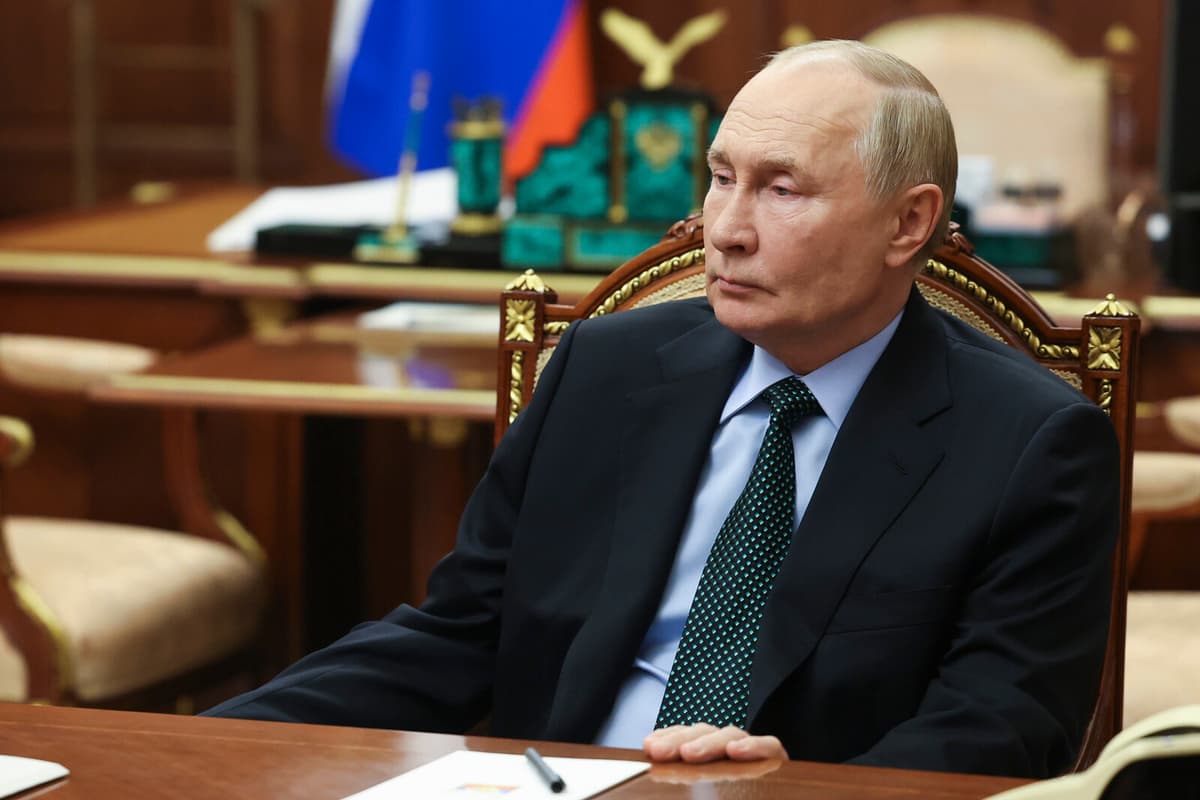According to the new rules, Russia reserves the right to use nuclear weapons in response to a larger attack, regardless of where it comes from. The doctrine was previously approved by the Russian Duma in the fall, but did not become law until President Vladimir Putin signed the doctrine document on Tuesday.
It was necessary to adapt our guidelines to the current situation, said Kremlin spokesperson Dmitrij Peskov.
"Irresponsible rhetoric"
The reactions came immediately.
The White House condemned Russia's "irresponsible rhetoric" on nuclear weapons.
This is more of the same kind of irresponsible words from Russia that we've heard over the past two years, said a spokesperson for the US National Security Council.
The EU's top diplomat Josep Borrell accused Russia of making "completely irresponsible" threats to use atomic bombs.
Russia has agreed to the principle that a nuclear war cannot be won and therefore should not be fought, said Borrell to reporters in Brussels.
Disappointed Zelenskyj
Ukraine's President Volodymyr Zelenskyj chose to address the ongoing G20 summit of leaders in Brazil.
Today, the G20 countries are meeting in Brazil. Have they said anything? Nothing, said Zelenskyj and demanded that the meeting participants gather around "a powerful strategy" to counter the Russian nuclear threat.
The content of the Russian doctrine has been previously known, but Putin's approval is symbolically charged after the Ukrainian attacks with American Atacms missiles.
A provision in the Russian doctrine states that attacks with conventional weapons carried out by a non-nuclear state, with the help of a nuclear state, shall be interpreted as a joint attack, where both countries are considered to be the attacking party.






